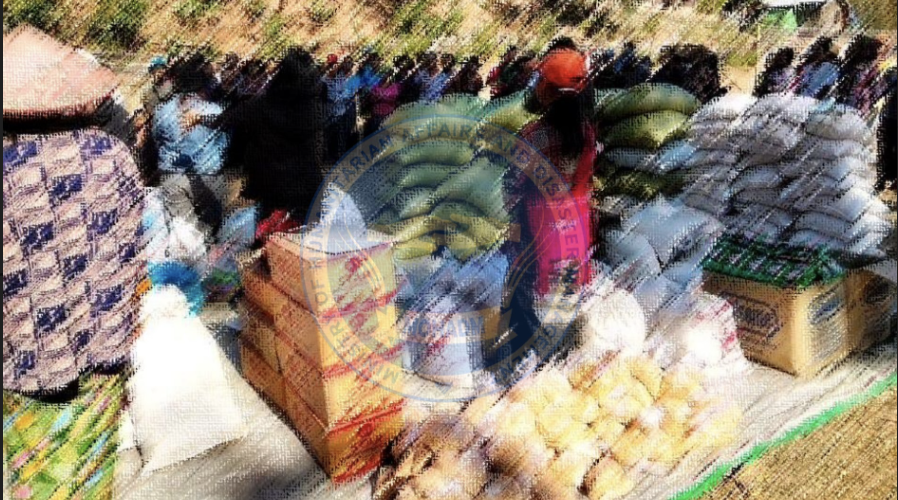The NUG’s Ministry of Humanitarian Affairs and Disaster Management announced on February 14 that it had provided K361.1 million (US$203,000) in humanitarian assistance nationwide over the month of January.
In contrast, a number of leading INGOs have repeatedly expressed an inability to provide aid to areas most hard hit by Burma’s growing humanitarian crisis.
The sum delivered by the NUG may sound like a huge amount of aid for those in desperate need of food, shelter, and medicines. The reality is a huge and exponentially growing number of people require help — but funding is high, the secretary of the NUG’s MoHADM secretary told DVB under anonymity.
“The amount of aid provided in January was large, but it reflects that ever more people are in need of humanitarian assistance — more than the actual amount received. Aid increased as the number of [violent] incidents also increased; more people needed help,” he told DVB.
“This number is high, but the need is huge — we tried to reach those who need [aid] most. Recently the need for assistance is increasing due to the increasing number of conflicts and incidents.”
The MoHADM says that key beneficiaries of its humanitarian assistance are refugees, IDPs, people injured and killed in military raids, those affected by arson attacks, participants in CDM, the elderly, and those living with disabilities. The ministry said that it is providing a bridge for counselors wishing to provide pro bono psychological services to citizens.
The NUG’s budget is still reliant on public funding, and very few foreign donors have yet contributed, according to Ko Hermes, an aid advisor with the MoHADM.
“There are many trusted organizations in ethnic areas and in central Burma who are distributing humanitarian aid in collaboration with NUG. Even if international organizations are unable to provide assistance to NUG directly, we can make sure that assistance reaches the most needy populations through our trusted partners.” he told DVB.
The ministry claims that, by utilizing its extensive networks, it has been able to support groups throughout the country: the NUGs links to local leaders and CSOs mean that the parallel government has an unparalleled reach.
The MoHADM’s treasurer, Dr Solomon, told DVB that, when deciding where aid is to be sent, cases are decided by region at a ministerial level.
“We receive data from local people and aid groups which we compile in our database. Depending on the extent of the incident, the ministry calculates the rate of aid and provides assistance according to standards laid down by the ministry. We provide both cash transfers and other physical assistance. Direct financing is usually faster, and reduces costs related to transportation and time,” he told DVB.
He added that priority decisions are made after reports from multiple sources are strictly fact-checked, thereby guaranteeing the validity of claims. The ministry replies to direct requests and also reaches out to victims of military crimes, said Dr Solomon.
“The ministry seeks to provide emergency assistance within hours. In some cases, we have to check the supporting route, but, at minimum, we try to provide support within a few days,” he told DVB.
When pressed for further details of the NUG’s network on the ground, the ministry told DVB that it could not elaborate due to safety concerns.



